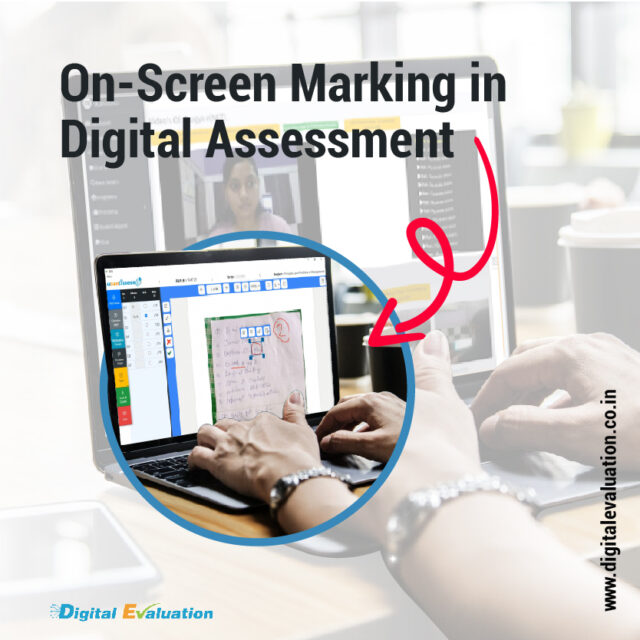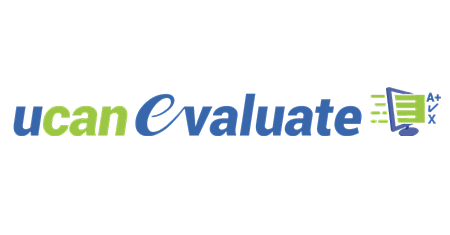The traditional pen-and-paper method of assessment, while familiar, can be a time-consuming and resource-intensive process for educators. The rise of digital assessment platforms offers a more efficient and flexible alternative.
A key component of this digital revolution is on-screen marking, which allows educators to evaluate student work electronically, significantly streamlining the grading process. But the benefits of on-screen marking extend far beyond mere efficiency.
Let’s delve into the numerous advantages that on-screen marking brings to digital assessment.

- Enhanced Efficiency and Streamlined Workflow: On-screen marking eliminates the need for physical transportation and manual sorting of answer sheets. This saves educators valuable time and reduces the risk of lost or misplaced papers. Grading becomes significantly faster, allowing educators to provide timely feedback and focus on more strategic aspects of teaching.
- Improved Accuracy and Consistency: On-screen marking platforms often incorporate features like standardized rubrics, automated marking for objective questions, and the ability to zoom in on details. This minimizes the potential for human error and ensures consistent application of grading criteria across assessments.
- Rich Feedback and Personalized Learning Opportunities: On-screen marking tools allow educators to provide detailed feedback directly on student work. This includes adding comments, audio annotations, and highlighting specific areas for improvement. This facilitates deeper communication and allows students to gain a clearer understanding of their strengths and weaknesses.
- Accessibility and Flexibility: On-screen marking platforms are often accessible from any device with an internet connection. This allows educators to grade assessments from anywhere, at their convenience. This flexibility is particularly beneficial for busy educators working remotely or managing large class sizes.
- Reduced Environmental Impact: Digital assessments eliminate the need for paper answer sheets, reducing reliance on paper production and associated environmental costs. This aligns with the growing focus on sustainability in educational institutions.
- Enhanced Data Collection and Analysis: On-screen marking platforms can collect valuable data on student performance and learning progress. This data can be used for formative assessment purposes, allowing educators to identify areas where students need additional support and tailor instruction accordingly.
- Promoting Collaborative Learning and Peer Review: Some platforms offer functionalities for facilitating peer review. This allows students to evaluate each other’s work, fostering critical thinking and collaboration skills. Additionally, educators can use anonymized student work for peer review activities, providing diverse perspectives and promoting deeper engagement with the learning materials.
- Benefits for Students: On-screen marking benefits students as well. Faster turnaround times for graded assessments allow students to receive valuable feedback sooner and adjust their learning strategies accordingly. Additionally, digital platforms often provide features like student progress dashboards and performance analytics. Hence empowering students to track their learning journeys and take ownership of their academic success.
The Road Ahead: On-screen marking is not simply a technological advancement; it represents a shift towards a more efficient, data-driven, and student-centered approach to assessment. As digital assessment platforms continue to evolve, we can expect even more innovative functionalities and features that further enhance the overall learning experience for both educators and students.
By embracing on-screen marking, educational institutions can revolutionize assessment practices, promote a more sustainable approach to learning, and ultimately create a more effective learning environment for all.

